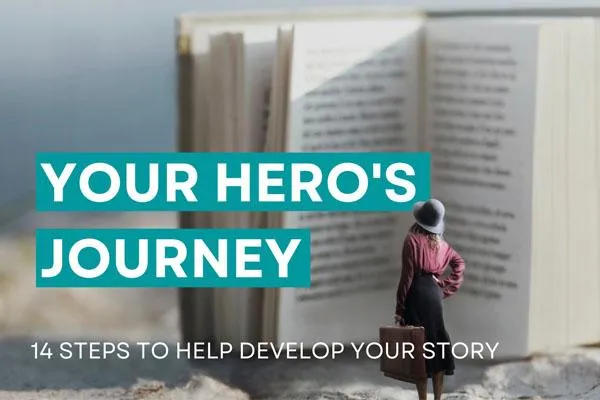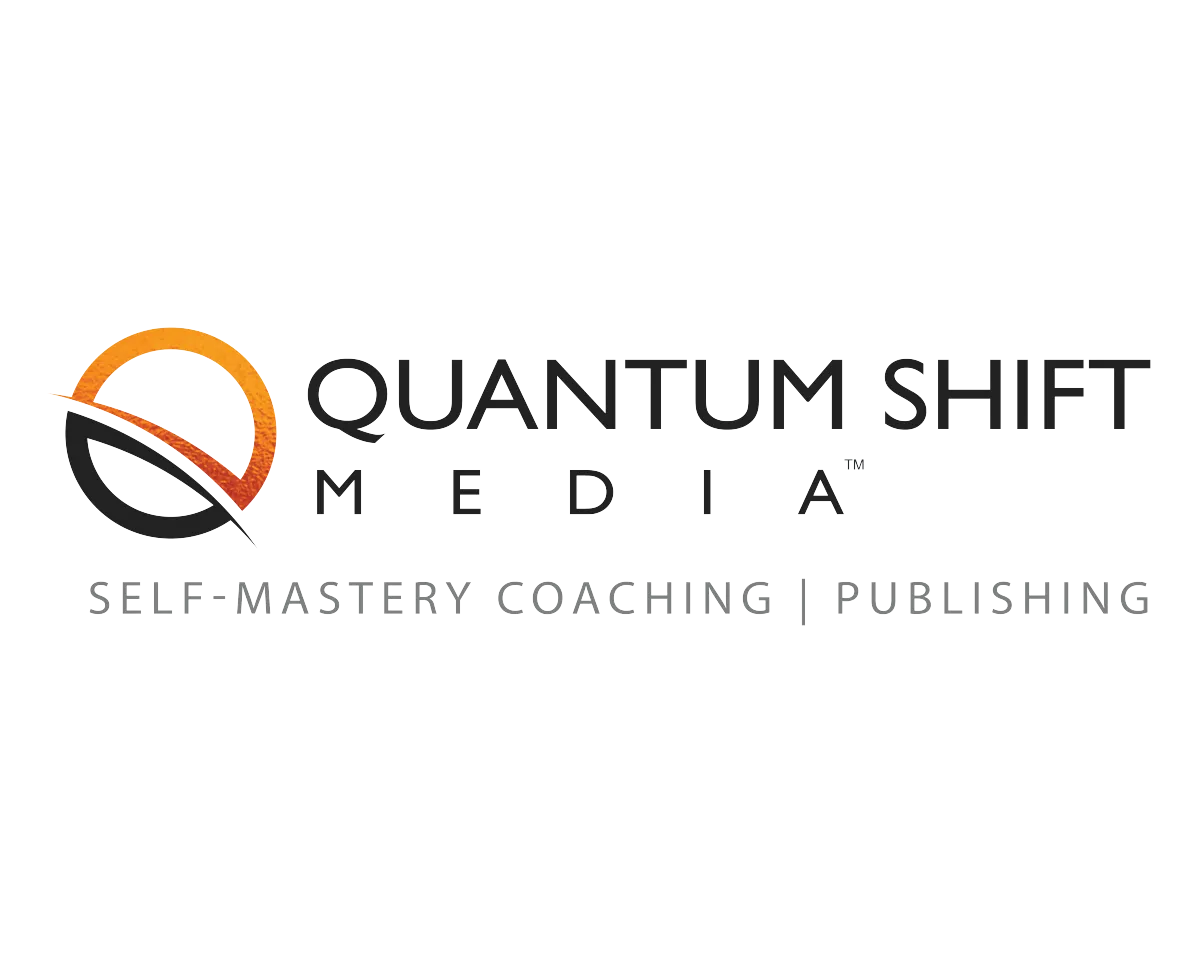
Your Hero's Journey: 14 Steps to Help Develop Your Story
In our last blog, we talked about gathering the assets or different elements that go into writing your story. These assets include developing your characters and subplots as well as creating the space they live. These are essential parts of your story.
STORY DEVELOPMENT
What does the hero learn? How is he doing in this new world? What new skills is he learning?
Facing the enemy in the hardest trial. How does it go? Is it the final success or the final defeat?
What are the consequences of the events? What new balance was reached?
If a book is wanting to come through you, we invite you to join our
December Writing Workshop: Unlock Your Potential Free Writing Workshop
These Writing Workshops are held three times a week (12 per month).
To learn more about our December Writing Workshop: Unlock Your Potential Free Writing Workshop - click here!

